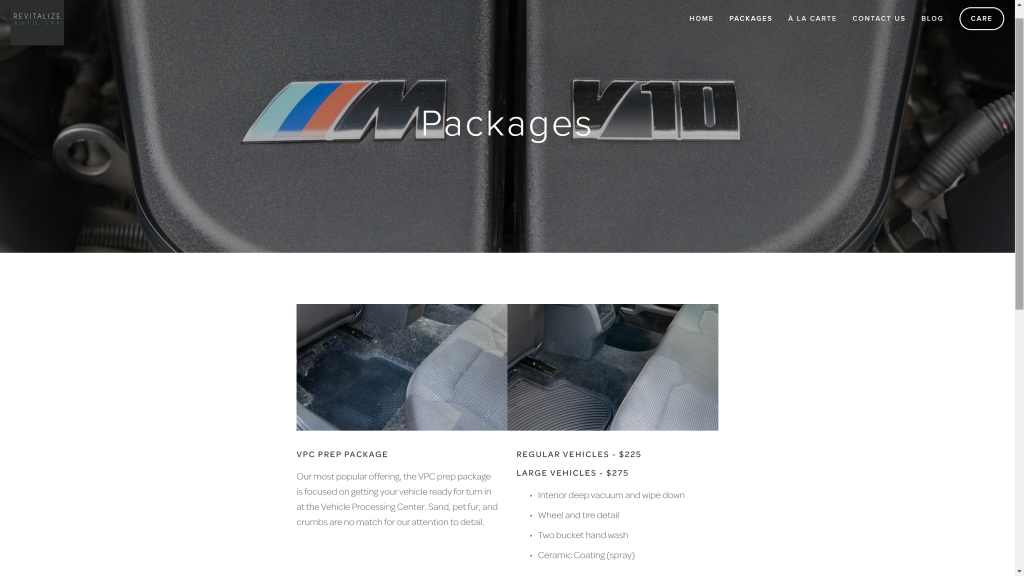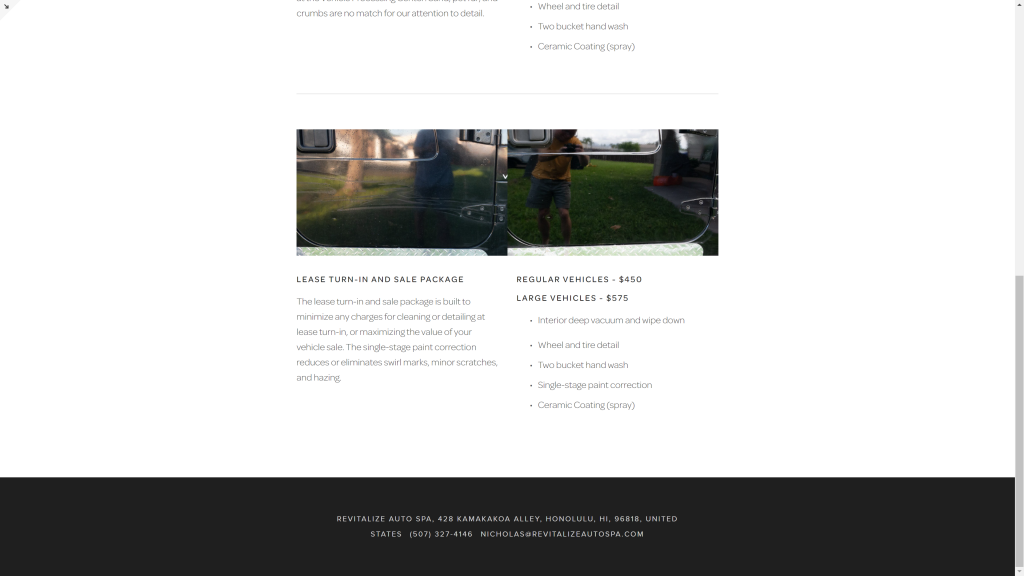Semper Gumby – Staying Flexible
by Nicholas ChoppIntroduction
Semper Gumby is a common phrase used throughout the United States military. “Always flexible” refers to the fact that things change on a constant basis, and we must stay flexible to adapt to different orders, situations, and plans.
My family and I have moved seven times in ten years of service. Five of those moves occurred after we had started our two part-time businesses. As time and moves have passed, we’ve learned how to adapt to changing environments – forcing us to constantly relook how we’re doing business.
In my article “Built to Last – Building an Enduring Business”, I talked about preserving the core and stimulating progress. In simple terms, preserving the core means identifying what your business is about – what makes it unique to you and never sacrificing that. Stimulating progress is constantly looking for ways to change and improve – without straying from the central concept(s) you identified as being your core competency.
Application
When I received orders to Hawaii, I knew that yet another change was in store for our businesses. After every move, my wife and I have sat down to identify how the move will affect us. It’s a multi-step process:
- Where will we be operating (on-post housing, or off-post housing)?
- What are the demographics in the area?
- Who do we want to target out of those demographics?
We ended up being able to secure on-post housing at Joint Base Pearl Harbor-Hickam in Honolulu. The major downside was – single-car garage. Revitalize had always been focused on high-end paint correction and ceramic coatings. Anyone that’s tried to do paint correction out door knows how painful that process is. The second disadvantage is only military members can access the installation – so now we could only service military members. The average service member has neither the disposable income nor the desire to spend $2,000 on a two-stage paint correction followed by a $600 ceramic coating. Now I have two convincing reasons why my previous business model is not viable.
This forced us to think about what’s unique about Hawaii for service members and their vehicles. It didn’t take long for the “a ha” moment – shipment. Service members have to either:
- Ship their vehicle to and from Hawaii
- Purchase a vehicle in Hawaii
- Lease a vehicle in Hawaii
Service members ship their vehicles through what’s called a vehicle processing center (VPC). The VPCs are notorious for being strict about the cleanliness of vehicles turned in for shipment. I’m talking “nope, there’s dirt in here under this seat hinge” type thing. Overseas moves are already incredibly stressful – with this being our third overseas move, we fully understood this. Offering a service to help both reduce stress AND work for clients seemed like a win-win.

A significant number of service members also decide to sell their vehicle instead of shipping it – offering a relatively affordable package to help maximize sale value seemed like a no-brainer to us.
Finally, leasing a vehicle in Hawaii makes sense as well – let the dealership take back the vehicle that just spent three years marinating in a saltwater environment. Helping service members avoid turn-in fees was obviously a market we could take advantage of as well.

At this point we decided to entirely revamp our business model focused on that very specific market. We built out a package for all three cases, with a la carte services to add on as well.
Did it Work?
Did it work? Oh yeah. Yeah it did. In the last three months of 2020 we made more than in all of 2019. Within a month of settling into Hawaii, I had an average of 3 jobs per week – far more than at any point in our time running the business.
Obviously, most business owners don’t have to worry about rejigging their entire business every one to two years. But just as our world and the people and communities around us change, we have to look to opportunities to change what we’re doing to fit our environment. Comfort can be dangerous – don’t be afraid to consider change!









It’s great to hear about your unique business and how it keeps evolving! I really like how you adapted to a different market quickly and it paid off quickly as well. Thank you as always for your service as well!!!!
Thanks Greg, appreciate the support! I’ll admit I do sometimes get frustrated when I get paint correction inquiries – especially since the average single-stage correction here on island from a legit shop will cost you around $2,800…
Wow….I’m sure that makes the transition more challenging but ultimately your #’s sound outstanding!
Wow, I’m surprised you had time for a business on top of your real job. The Army kept me TDY most weeks in almost all my jobs except company commander and when I wasn’t gone 12-14 hour days were the norm. And I almost forgot the month long exercises and being sent to schools to keep up with my military education. I’m glad to hear the military is giving more time off now than when I was in. I’m guessing you are probably in the Air Force as it is the most civilian of the services. Times are always changing!
No, I’m Army – so the amount of time I’ve had to dedicate to the business has varied a lot. It had a 2 year break during my company command in Korea, and it was really varied during my second command (USAREC) in Oklahoma City. Now that I’m special staff, I typically have much more time on my hands. Once COVID calms down I’ll likely have a lot of TDY (we have subordinate units across INDOPACOM), but for now I’ve got a lot of flexibility.
Once COVID calms down I’ll likely have a lot of TDY (we have subordinate units across INDOPACOM), but for now I’ve got a lot of flexibility.
That’s great to hear! I just never had the time while I was in back in the day. I’m really surprised that you have the time to do much of anything when working at higher levels. I was at 2nd and 3rd Army (when there was such at thing) and then went to TRADOC. First tour was in Germany and I definitely had no spare time there. Later on it was schools and so much TDY I never even had thoughts of running a business. I’m glad things have calmed down. It sounds like you have a business plan that will keep you busy after retirement too.
Yeah, it’s varied a lot. Definitely didn’t have much of the spare time when I was in TRADOC either (AIT XO for two years).
Adaptation to the situation is the key.. and you have done that very well!
I do have two questions.. when non-commissioned personnel drop their vehicles off to be detailed, do they have to salute you and if a higher ranking commissioned officers do the same, do you have to salute them?
Nah – we don’t typically salute when we’re not in uniform.
The one constant the military is change. Good luck to you as the Army moves back to a peacetime Army. When I went in back in 85 we were at peace and it was pretty boring. It was more painting rocks and making things looking like we were war ready when we were definitely not. The Reserves and the National Guard were a joke filled with overweight, out of shape, no sense of urgency people. I saw the change and it was hard to watch as we sent untrained or undertrained soldiers off to war. I hope the hard lessons that were learned will not be forgotten (they will). You will go back to startched uniforms and all the bs that goes along with peacetime duties. Try to be one of the old guys that tell the new guys about wartime preparation even though they may not need it because, knowing our history, we will be back in a shooting war some time in the future. Good luck and have fun.